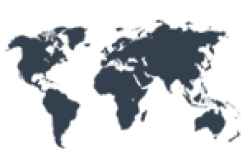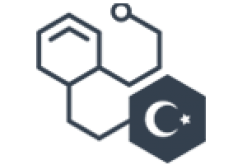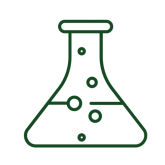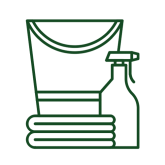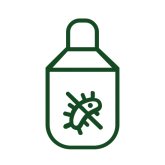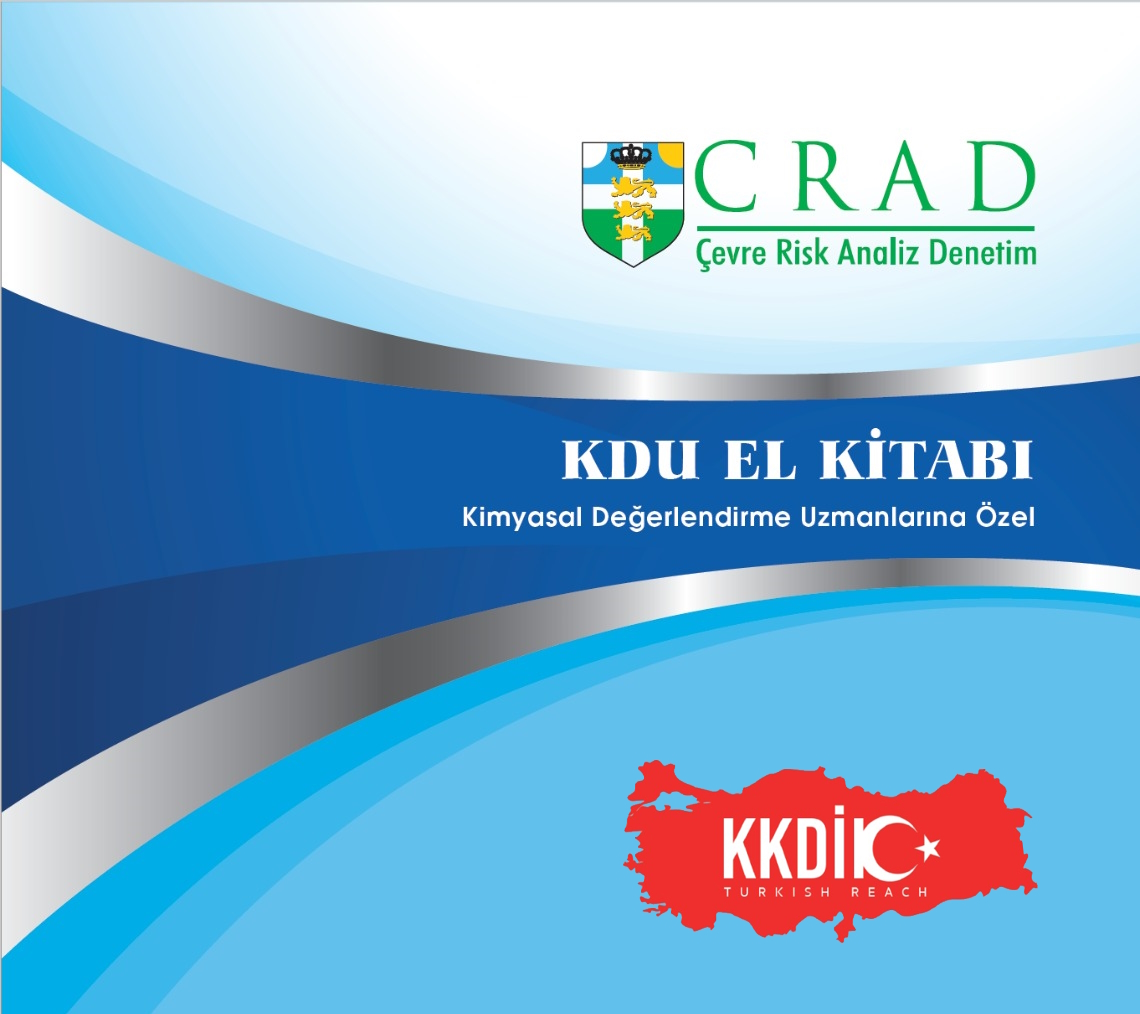CRAD FEBRUARY 2013 NEWSLETTER
TURKEY RELEASES PUBLISHESES FIRST LIST OF PRIORITIZED SUBSTANCES.
Turkey’s Ministry of Environment and Urban Planning (MoEU) recently published the country’s first list of priority substances for assessment (click here for the details), under authority of the 2008 “Regulation on the Inventory and Control of Chemicals”. As already known, March 2011 was the deadline for companies to submit notifications on new and existing substances according to the Regulation mentioned above; the priority list was created to accelerate the assessment process of notified chemicals. Turkey’s list contains 131 chemicals and is similar to ECHA’s Candidate List of Substances of Very High Concern (SVHCs) under REACH. The priority chemicals in Turkey were identified based on “their potential hazards posed to human health and the environment”, and substances considered to be Carcinogenic, Mutagenic or Reproductive toxicants (CMR) were given particular priority by the MoEU. (click here for the list)
How do the chemicals on Turkey’s priority list overlap with the chemicals in commerce in the U.S.? We used a table of the priority list chemicals available here to discern the following comparisons.
* 122 (93%) of the substances appear on the public portion of the U.S. TSCA Inventory.
* 117 (89%) of the chemicals were publicly reported in the 2006 Inventory Update Reporting (IUR) cycle, which means these chemicals were manufactured in the U.S. in 2005 in amounts of 25,000 pounds or more per site.
Clearly, most of the chemicals that Turkey has identified as a concern are being actively manufactured or imported in the U.S. Now let’s look at how these chemicals overlap with chemicals subject to regulatory or other actions in the EU and here in the U.S.
* The EU has collected dossiers on at least 118 of these chemicals via REACH registration under the first registration deadline.
* 24 chemicals are on the REACH Candidate List of SVHCs, which ECHA selected based on concerns to human health or the environment.
* 11 chemicals are on ECHA’s Authorisation list (Annex XIV); these are the most serious SVHCs, which will only be able to produced or imported for uses for which ECHA grants specific authorization.
* 15 of these chemicals are on EPA’s list of 83 TSCA Work Plan Chemicals, which EPA has prioritized for risk assessments.
These statistics show that virtually equal numbers of chemicals on Turkey’s priority list are active in commerce in the U.S. and the EU. What differs is that the EU has subjected nearly all of them to regulatory action, ranging from requiring their registration to subjecting them to authorization.


